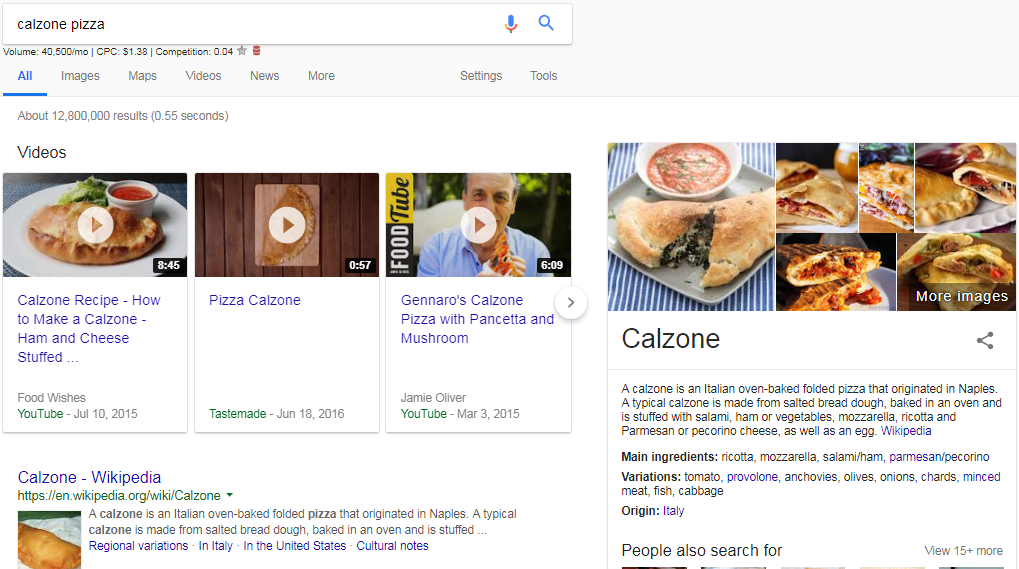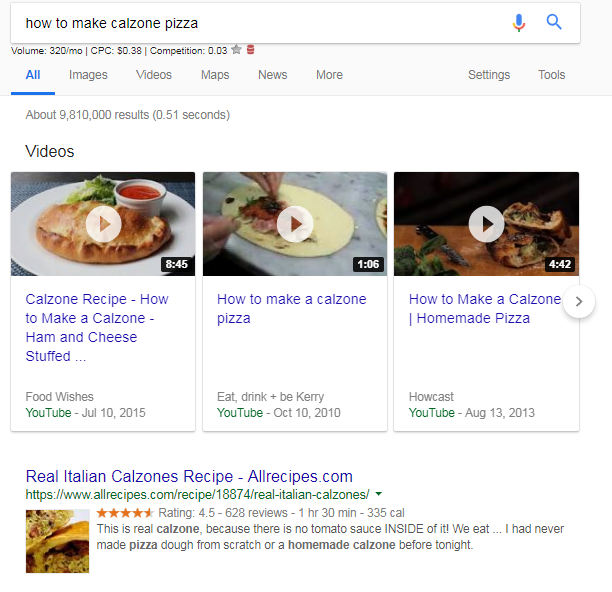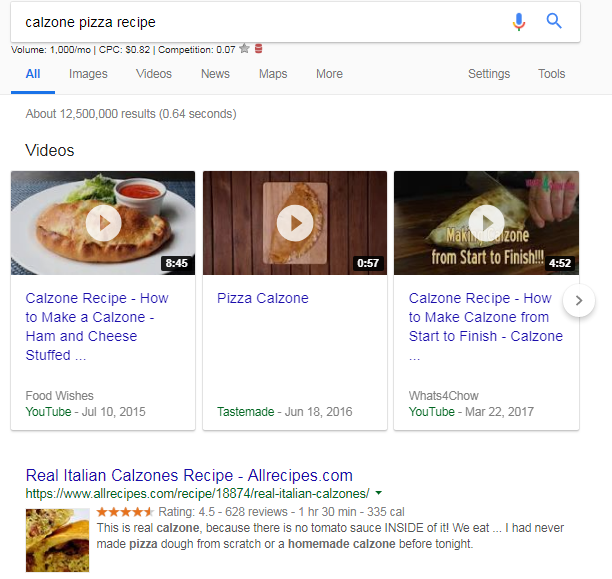Every day, people that are away from the digital marketing keep getting closer to it without even knowing it. We hear people using the terms “keywords” and “search queries” all the time, and they are always used interchangeably. This is when it gets confusing for inexperienced website content writers and other people that are just getting to know the SEO world.
Today, I’ll talk about the difference between those two and give some examples.
If you are too busy reading the whole blog, just know that basically, marketers (or the website content writers) target keywords, while the users/readers use search queries to find resources.
Keywords from the perspective of website masters
Or the team responsible for the content writing, SEO strategy, etc…
A keyword is what we, content writers, website masters, SEO specialists, etc, target in a paid, organic or local search campaign. This is something we come up with and hope that whenever a user inputs a search query, that user will end up on our page as we targeted the right keyword.
Keywords from the perspective of users
The ones that do the searches
Users just don’t care about keywords… This is the truth. This is where the big confusion comes from. Users create search queries, they don’t care about our keywords. They only care about finding the closest result to their search query, and that’s it.
Search queries from the perspective of website masters
And what we as writers, content curators, and SEO experts should know about them
What I, as a website content writer, care about, is to choose keywords that will match potential readers queries and will satisfy those readers with the results found. For example, if I write an article about Calzone pizza, naturally, I would want everybody looking for Calzone pizza to read my article.
Well, if somebody is searching for a recipe and ends up reading my article that is about how I love pizza and especially Calzone, I will probably just disappoint that somebody. Some will say that this is extra traffic, but to me, this is my name disappointing someone.
This is why I am really careful when targeting keywords. I study possible queries and try to avoid misleading people with the targeted keywords. There is no possible way for me to know the exact search queries that users will input, but at least, I can assume close ones.
Search queries from the perspective of readers
“I want a Calzone recipe, you better give me a Calzone recipe!”
Whatever readers input into Google or other search engines, this automatically becomes a search query. Once again, this has nothing to do with the keywords I or any other SEO is targeting. At least not in theory…
Look at this example:
Yes, Google is getting smarter and recommends 3 videos that look like a recipe, but the snippet and the first result are results from Wikipedia. While Wiki will definitely tell me the ingredients and the place where it originated from, I doubt that this information would be enough for me to make a Calzone pizza.
Now let’s test a different search query:
As you see, 2 of the videos have changed, there is no featured snippet, and the first result leads me to a legit recipe website. Exactly what I was looking for – a recipe. Note that I didn’t even include “recipe” in the search query. This is because I don’t think of keywords, I only care how to make a good Calzone pizza.
And let’s try a 3d search query:
Now, that I have included the word “recipe” in the query, we see the last 2 videos have changed again (actually the second one is the same as in the first query), there is no featured snippet, and the first result is the same as the last one.
What does it mean?
It means that the website content writer of the first result recipe successfully targeted the keywords used in the article and managed to be in the first position for two different search queries that are aiming for the same thing and namely, a Calzone recipe.
Well, that being said, I hope this clears things about the whole keywords vs search queries topic. If you have any questions or thoughts, let me know in the comment section below!









